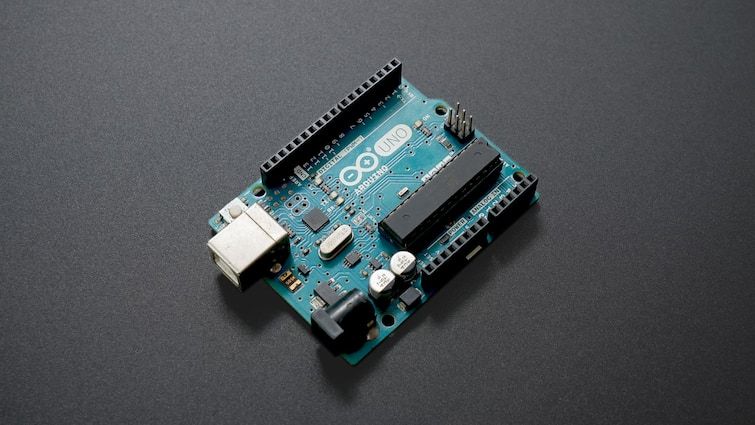TSMC to Halt Production of Advanced AI Chips for Chinese Companies Amid US-China Tech Tensions

Hsinchu, Taiwan – In a significant development amidst escalating US-China technological rivalry, Taiwan Semiconductor Manufacturing Co (TSMC), the world's leading contract chipmaker, has announced it will cease the production of advanced AI chips for its Chinese clients. According to a report by the Financial Times, TSMC will no longer produce AI chips using process nodes smaller than 7 nanometres starting Monday.
This decision reflects the ongoing geopolitical frictions where the United States has tightened export controls on high-performance GPU chips critical for AI development to China. These restrictions are part of a broader strategy by Washington to slow down China's advancements in AI technology, citing concerns over potential misuse in areas like bioweapons development or cyber warfare.
In related news, earlier this month, the US Commerce Department fined GlobalFoundries, another semiconductor company, $500,000 for unauthorized shipments of chips to an affiliate of the blacklisted Chinese chipmaker SMIC. The Financial Times report suggests that any future shipments of advanced AI chips from TSMC to Chinese entities might require explicit approval from US authorities, further complicating the supply chain dynamics.
Responding to queries about the situation, TSMC issued a statement: "TSMC does not comment on market rumour. TSMC is a law-abiding company and we are committed to complying with all applicable rules and regulations, including applicable export controls."
The backdrop to this includes an ongoing investigation by the US Department of Commerce into how a chip made by TSMC ended up in a product from Huawei, a Chinese tech giant currently under stringent US sanctions.
This move by TSMC could have significant implications for the global AI industry, potentially reshaping the landscape of AI chip manufacturing and distribution. It underscores the complex interplay of technology, international trade, and geopolitical strategy in the modern era.
ALSO READ | US Federal Judge Provides Relief To Meta CEO, Mark Zuckerberg Won't Be Liable In Lawsuits Over Social Media Harm To Children
